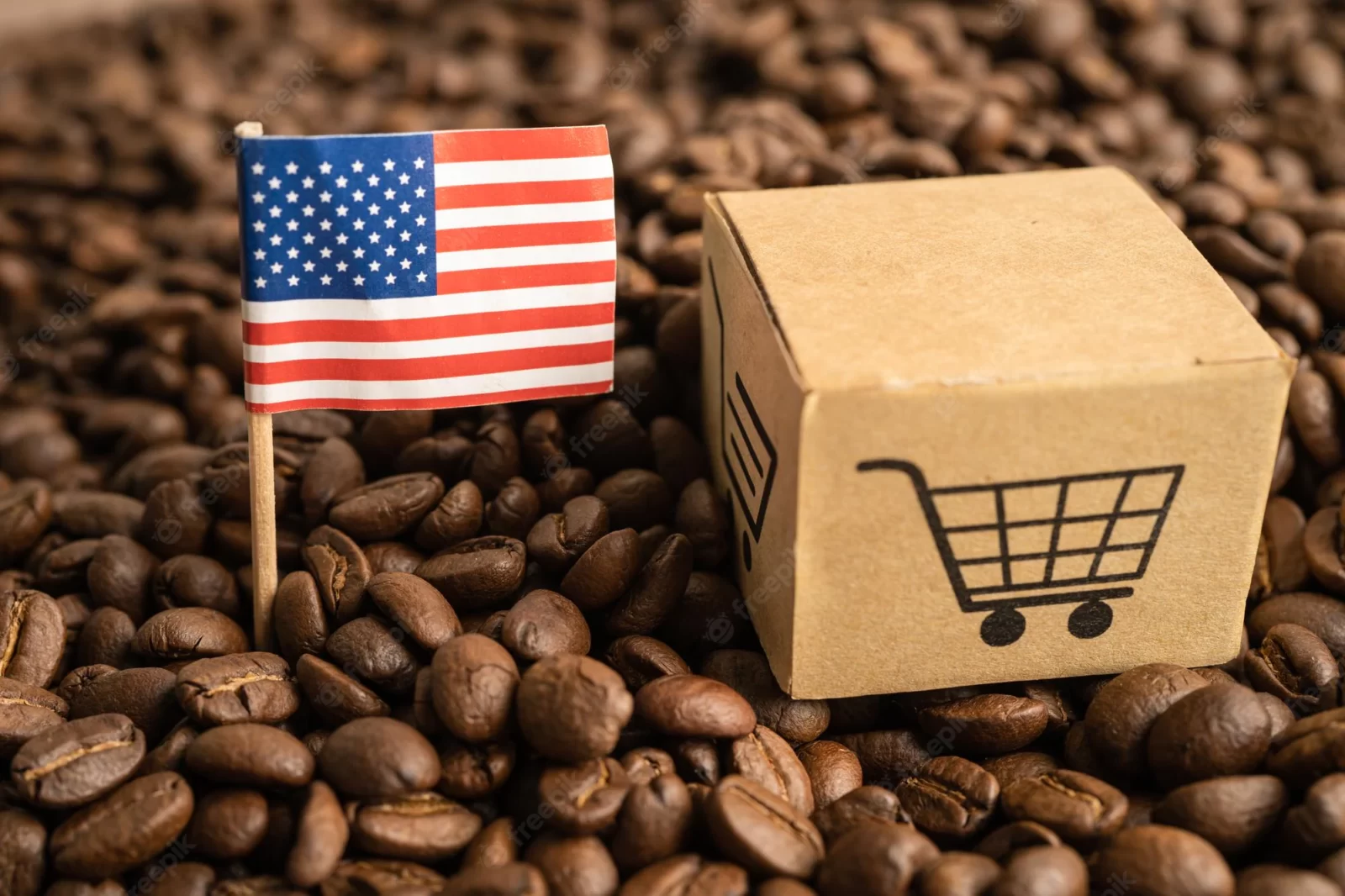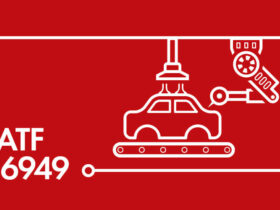Importers are responsible for all the declarations made for them. Thus, they must get things right upon entry. The importer of record should provide all customs documents that the U. S. Customs Border Protection (CBP) requires. These documents include the tariff classification of the product, duties payment, and other government requirements. Any mistake they make in the importation process can lead to hefty fines and other consequences. So, apart from knowing how to import to the USA, importers must be aware of the mistakes they need to avoid. These include the following:
Failing to Correctly Determine the Customs Tariff Codes
The Harmonized Tariff Schedule (HTS) is the foundation of an importer’s import compliance. When an importer uses the wrong code, they will underpay or overpay their Customs duties and taxes. To determine Customs tariff codes, importers can use online tariff lookups, hire a customs broker to perform goods classification for them, or apply for a CBP binding ruling.
Undervaluing Imported Goods
Importers must make sure imported products are correctly valued. The declared value of a product has a direct impact on the amount of duties an importer pays to Customs. Undervaluing products could mean the importer tries to evade applicable Customs duties and taxes. This practice can result in significant penalties.
Importers must declare to Customs the correct value of the goods they want to import into the U. S. Most import tariffs are evaluated based on the goods’ value. Thus, they should accurately calculate deductions or additions and make sure proper documentation is available to support any adjustments at the time of entry.
Failing to Offer a Compliant Commercial Invoice
CBP uses commercial invoices to determine a product’s admissibility, valuation, and classification. Importers must make sure their vendor invoices are accurate, complete, and compliant. They should review their commercial invoices to make sure they adhere to specific requirements.
Failing to Insure the Shipment
To try to save money, a lot of importers will not insure their cargo. However, cargoes can be lost due to theft, extreme weather, and rough handling. Not insuring one’s shipment puts an importer at risk of not getting repayment for their lost shipment. Also, they may need to pay more to replace the lost goods.
Some importers think that their carriers automatically cover shipments against loss, damage, or theft. While carriers provide liability coverage to deliver competitive rates, this coverage is limited, which means it may not be enough to pay for the losses.











